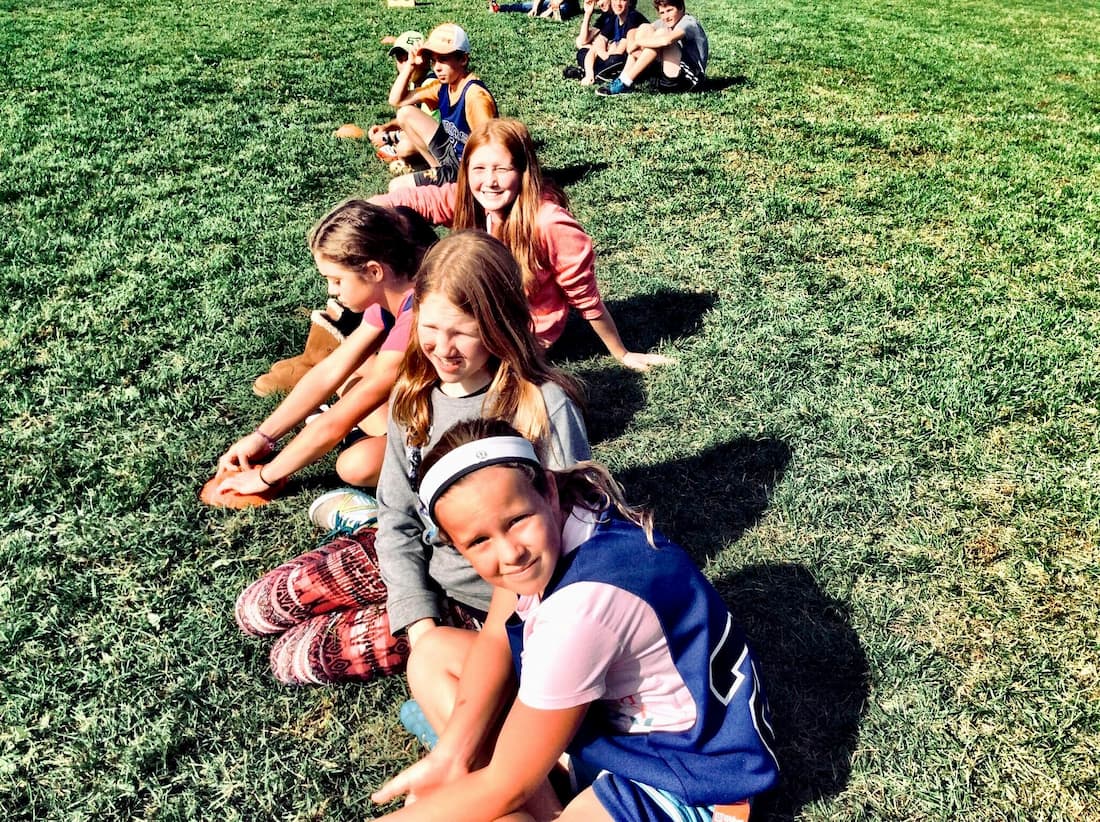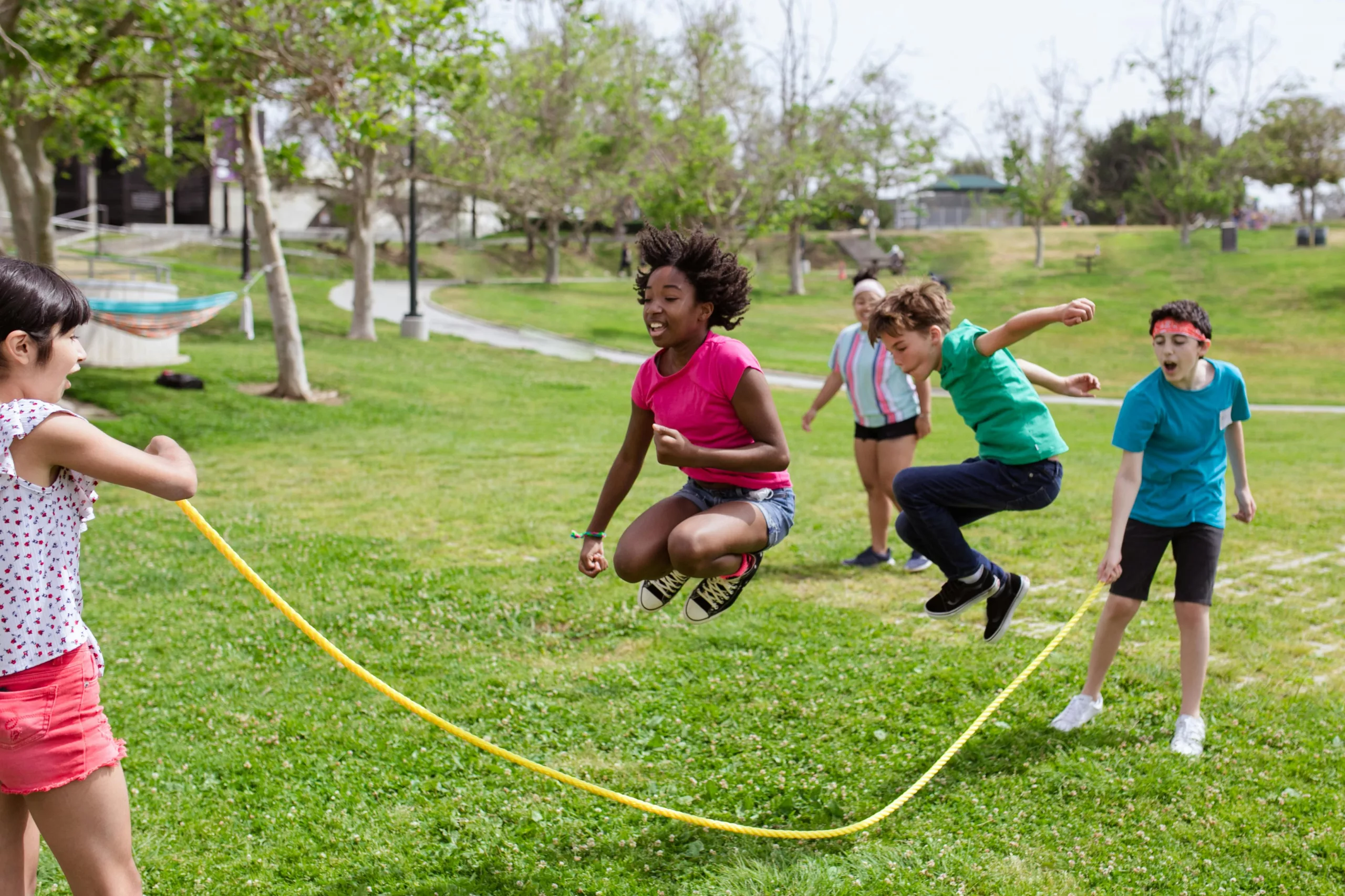
Your child has just returned from a life-changing week at church camp. You’ve been following along on social media, seeing pictures of them raising their hands in worship, huddled with friends in prayer, and seemingly having the time of their life. You’re expecting them to come home on a spiritual high, maybe even quoting scripture or talking about their newfound revelations.
But instead? They’re moody. Grouchy. A little distant. Maybe even acting like they don’t want to be home at all.
Suddenly, you’re wondering, What happened? Did they learn anything? Where is my kid, and why does it feel like I just picked up a stranger from the church parking lot?
First, take a deep breath. The truth is, they’re processing.

Why the Post-Retreat Mood Swings?
Church camp is intense—physically, emotionally, and spiritually. It’s late nights filled with deep talks, early mornings packed with activities, and a constant whirlwind of emotions. Your child has just spent a week immersed in an environment where God felt tangible, faith felt exciting, and friendships felt like family.
And now, they’re back to their normal routine. It’s like stepping off a rollercoaster and immediately being asked to walk in a straight line—it’s disorienting.
They’re also likely sleep-deprived, overstimulated, and emotionally drained. On top of that, they may be working through big questions about their faith that they’re not ready (or able) to verbalize yet. Just because they’re not talking about it doesn’t mean nothing happened—it means something did happen, and they’re figuring out what to do with it.
So, as a parent, how can you help them transition back into everyday life while nurturing their faith?
the 5 Ways to Support Your Post-Retreat Kid
1. Prioritize Rest and Routine
Before diving into deep conversations, start with the basics:
- Make sure they get a good meal (preferably a home cooked meal).
- Encourage them to take a shower—yes, even if they insist they’re fine.
- Help them unpack and settle back into their space.
- Let them sleep. If they need a long nap or an early bedtime, let it happen.
They may not realize how physically and emotionally drained they are, but meeting their basic needs first sets the stage for a smoother transition.
2. Create a Judgment-Free Zone
When they do start talking about camp, be open to whatever they share.
They may not dive into their biggest spiritual takeaways right away. Instead, they might want to tell you about inside jokes with their cabin, a prank war that got out of hand, or the drama between two friends. And that’s okay.
Letting them process the fun and relational aspects first builds trust. When they feel safe, they’ll be more likely to open up about the deeper moments, too.
3. Don’t Take It Personally
Your kid might be a little short-tempered or withdrawn. Maybe they seem frustrated, and you don’t know why.
It’s not about you.
They’re coming down from an emotional high, grieving the end of an incredible week, and trying to figure out how camp fits into real life. If they snap at you or act disinterested, show them grace. They need time to recalibrate.
4. Know the Theme of Their Week
Most church camps have a central theme—something like "Have Courage," "Awaken," or "The Journey." Knowing this can help you ask better questions and engage in meaningful conversations. Also, your Church may have created a parent resource to follow up with your kids after the retreat. Connect with the leaders for questions they may have asked during camp week, or try some of the following.
Instead of: "So, did you have fun?" (which will probably get a one-word answer), try:
- "What was something surprising you learned about yourself this week?"
- "How did the theme of the week challenge you?"
- "Was there a particular moment that stood out to you?"
- "What is one thing you learned about God?"
These kinds of questions show that you’re genuinely interested in their experience beyond just surface-level fun.
5. Be Patient & Keep the Faith Conversation Open
Some kids will open up quickly, while others might take days—or even weeks—to share their deeper experiences. And some may not be able to articulate what they experienced at all. That doesn’t mean their time at camp wasn’t meaningful.
The best thing you can do is model consistency. Keep praying together, keep going to church, keep having open conversations about faith in Christ. Normalize spiritual growth as a family, and trust that what God started in them at camp will continue to grow over time.

Final Thoughts
The post-retreat transition can be tricky, but it’s also a powerful opportunity. Your child may have encountered God in a new way, and they’re trying to reconcile that with everyday life.
Be patient. Be present. Be willing to listen.
And trust that even if they don’t say it out loud, the seeds planted at camp will take root in their heart.
Want hard data? The Power of Camp has more information on the benefits of camp here, such as 52% of children wanted to engage in conversations about God after going to camp. Be encouraged, God is at work and he continues to build his Church.
